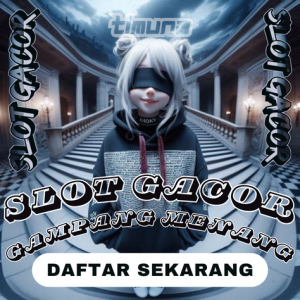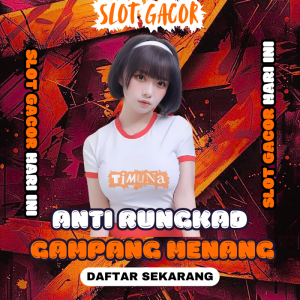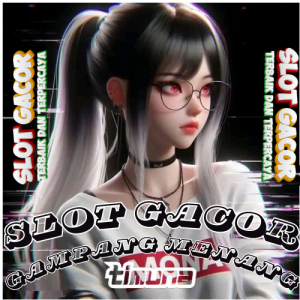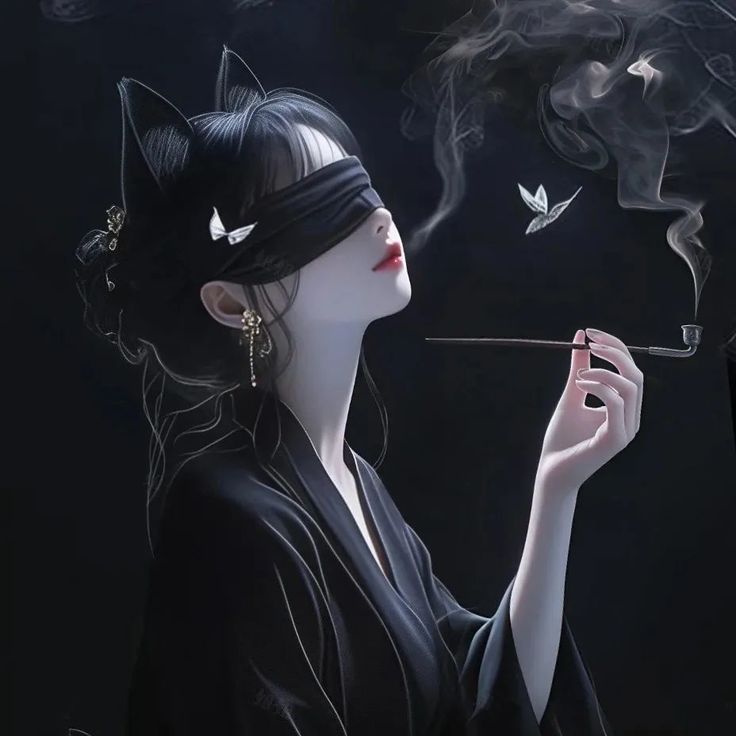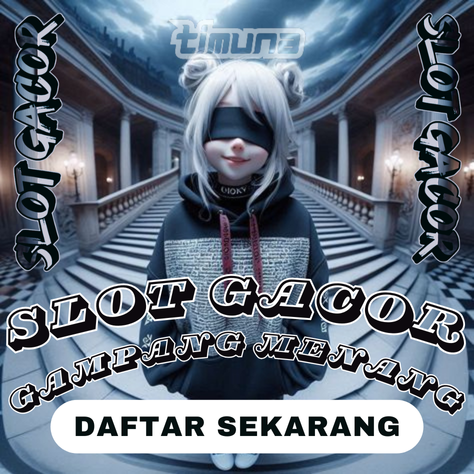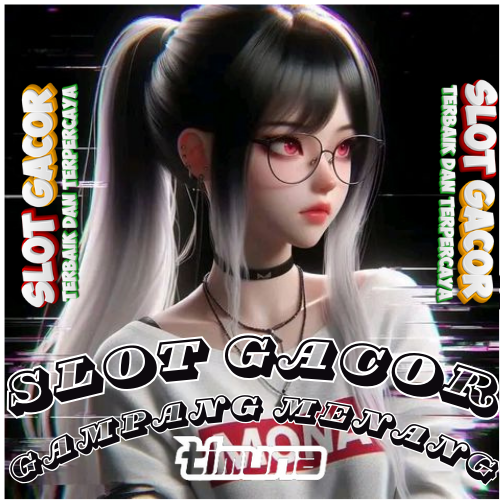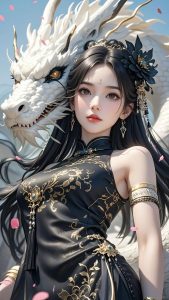Platform modern untuk hiburan digital dengan jackpot harian dan sistem stabil.
Apa Itu VERSI91?
Sebelum membahas lebih jauh, penting untuk memahami apa sebenarnya VERSI91 itu. Secara sederhana, VERSI91 adalah platform game online yang dirancang untuk memberikan pengalaman bermain yang aman, adil, dan menghibur. Konsep ini telah menjadi pilihan utama bagi ribuan pemain di seluruh Indonesia.
Mengapa VERSI91 Dipercaya oleh Pemain?
VERSI91 bukan sekadar platform biasa—ia telah terbukti memberikan layanan berkualitas tinggi selama bertahun-tahun. Dengan sistem keamanan mutakhir, proses transaksi yang cepat, dan layanan pelanggan 24/7, wajar jika VERSI91 menjadi pilihan utama para penggemar game online.
Keunggulan Utama VERSI91
Ada tiga keunggulan utama yang membedakan VERSI91 dari kompetitor: (1) Server stabil tanpa lag, (2) Bonus harian dan promosi menarik, serta (3) Proses withdraw yang cepat—seringkali kurang dari 5 menit. Ketiganya menjadi fondasi kepercayaan pengguna terhadap platform ini.
Cara Mendaftar di VERSI91
Mendaftar di VERSI91 sangat mudah dan hanya membutuhkan waktu kurang dari 3 menit. Pengguna cukup mengisi formulir pendaftaran dengan data valid, verifikasi email atau nomor HP, lalu akun siap digunakan. Tidak diperlukan dokumen rumit—cukup KTP dan nomor telepon aktif.
Tips Bermain Aman di VERSI91
Agar pengalaman bermain di VERSI91 tetap menyenangkan, ikuti tips berikut: (1) Gunakan password yang kuat, (2) Jangan bagikan OTP atau kode verifikasi kepada siapa pun, (3) Mainlah sesuai batas kemampuan finansial Anda. Keamanan akun adalah tanggung jawab bersama.
Testimoni Pemain Setia VERSI91
Banyak pemain melaporkan pengalaman positif saat bermain di VERSI91. Salah satu pemain dari Jakarta mengatakan, ‘Saya sudah 2 tahun main di VERSI91, belum pernah ada masalah dengan pembayaran.’ Ulasan seperti ini membuktikan komitmen platform terhadap kepuasan pengguna.
Perkembangan Terbaru VERSI91 di 2025
Di tahun 2025, VERSI91 meluncurkan fitur baru berupa live streaming game internal dan integrasi dompet digital lokal. Langkah ini memperkuat posisinya sebagai platform game online paling inovatif di Asia Tenggara.
Apakah VERSI91 legal di Indonesia?
VERSI91 beroperasi di bawah lisensi internasional dan mematuhi regulasi permainan daring global. Meski tidak berlisensi lokal, platform ini tetap aman digunakan oleh pemain dari Indonesia.
Berapa lama proses deposit dan withdraw?
Deposit biasanya instan, sedangkan withdraw diproses dalam 1–5 menit tergantung bank dan jam operasional.
Apakah ada bonus new member?
Ya, VERSI91 menawarkan bonus sambutan hingga 100% untuk pemain baru yang melakukan deposit pertama.
